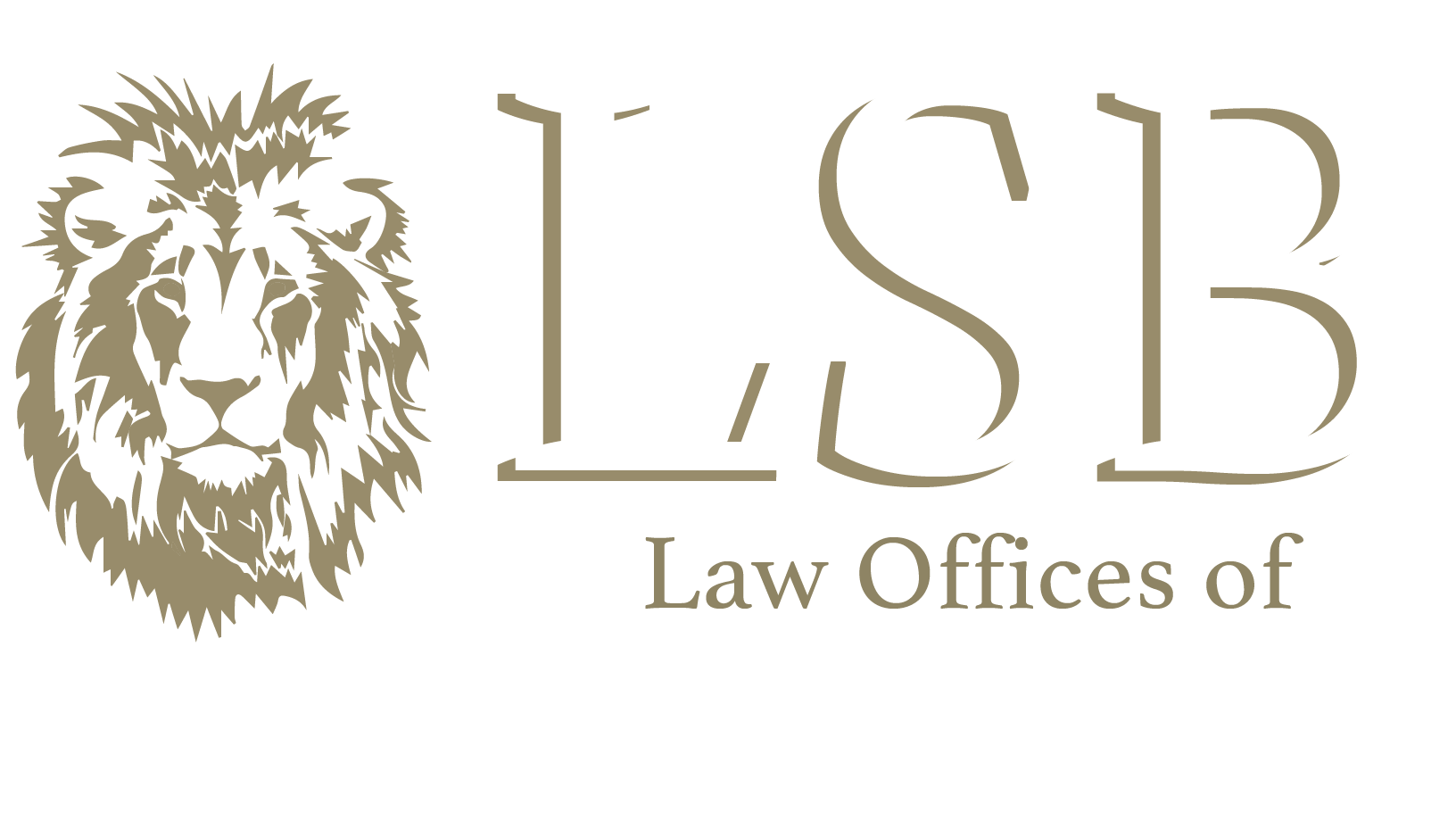Navigating Workers' Compensation: An Essential Guide
Experiencing an injury at work can be an overwhelming and uncertain time. Knowing you have support through workers' compensation is crucial in helping you focus on recovery without financial stress. However, the specifics of what injuries are covered can often be complex, underscoring the importance of understanding these details for both employees and employers.
Qualification for Workers' Compensation
According to guidelines set by OSHA, employees qualify for workers' compensation if the injury occurred due to working conditions or aggravated an existing condition. This foundational rule is key to determining eligibility under workers' compensation laws, ensuring coverage aligns with workplace incidents.
Common Injuries Covered
- Muscle sprains: Often resulting from overexertion or slips.
- Fractures: Typically associated with falls or accidents involving machinery.
- Burns: Resulting from exposure to heat or chemicals.
- Carpal Tunnel or Tendonitis: Caused by repetitive strain or poor ergonomics.
Exclusions from Coverage
Workers' compensation does not apply in scenarios such as:
- Intoxication: Injuries sustained while under the influence of alcohol or drugs.
- Non-compliance with safety regulations: Injuries arising from neglecting prescribed safety measures.
- Off-duty scenarios: Injuries occurring outside of company time are generally not covered.
Furthermore, physical altercations might not be covered, especially depending on who initiated the conflict and under what circumstances it occurred.
Eligibility Criteria
In general, if an injury occurs while you are performing work duties and negligence isn't a factor, you are likely eligible for compensation. This highlights the importance of documenting each incident thoroughly, ensuring all relevant details are recorded accurately.
Emphasizing workplace safety and adherence to regulations can greatly assist in preventing accidents and making the compensation process smoother should an accident occur. Consider consulting a workers' compensation lawyer if you have specific questions or require professional evaluation. For businesses, hiring workplace safety consultants can ensure compliance with safety standards.
Practical Advice for Employees
- Immediately report the injury to your supervisor and ensure it is documented.
- Seek medical attention promptly and retain all records related to the diagnosis and treatment.
- Keep a personal account of the incident, including any witnesses, timeline, and the environment where the injury occurred.
Understanding your rights and responsibilities under workers' compensation laws is vital in navigating this complex landscape with confidence and clarity.




